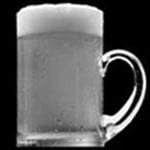How Alcohol Negatively Affects Recovery in Athletes

As elite athletes, we take pride in doing everything we can to ensure personal and team success. Whether it’s lifting 5 more pounds than last week or opting out of a weeknight social event to study or sleep- the time we commit to our sport is no small feat. Most collegiate teams train 20 hours a week (the maximum amount regulated by the NCAA). That number grows to over 1000 hours per year of high intensity training. However, one common aspect that many young athletes do not consider with regard to their training is alcohol consumption. In college, our sports nutritionist told us that one night of drinking can undo an entire week’s worth of exercise. Upon hearing this I wanted to find out more. Was this simply an exaggeration? Or are athletes underestimating the effect of alcohol on their performance by justifying “it’s just one night”? Here’s what I’ve found.
How does alcohol affect the body?
It is documented that acute alcohol consumption affects many aspects within the body including, but not limited to, neural function, thermoregulation, cardiovascular physiology and metabolism. In addition, alcohol also affects an individuals’ sleep cycle and hydration levels. The following explores alcohol’s negative effect on these aspects and how it hinders the recovery process.
Alcohol’s Impact on Hydration
Hydration is the first key aspect to athletic recovery. Alcohol has diuretic action causing increase urine loss through inhibition of the anti-diuretic hormone (ADH). Quantatively, for every 1 gram of ethanol consumed there is a 10mL excess in production of urine. These effects are increasingly apparent after consuming drinks that contain more than 4% alcohol and start with the consumption of just one drink. (As a reference point, the average beer contains 5% alcohol and the average glass of wine contains 13%). Additionally, alcohol causes vasodilation (dilation of blood vessels), which leads to an increase in sweat production, and causes greater fluid loss. Through the production of excess amounts of urine or sweat, alcohol’s deleterious effects causes a significantly greater risk of dehydration. To find out more on hydration’s importance for athletes, click here.
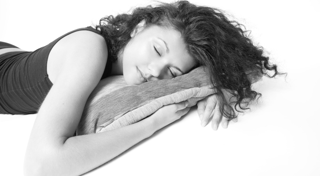
How Alcohol Disrupts Sleep
Sleep is an extremely powerful recovery tool for athletes. Alcohol negatively impacts sleep cycles due to its effect on the neurological functioning. Studies show that alcohol causes a decrease in time spent in both REM sleep and in overall sleep depth. This means that athletes will be spending more time in Stage 1 Sleep (the transitional stage between wakefulness and light sleep). REM sleep is essential for elite athletes as it allows for motor-memories to be consolidated, plays a vital role in the immune and brain function, and serves as a catalyst for glucose metabolism. You can find more on the effects of sleep deprivation in my first Bridge post here.
Alcohol and Glycogen Synthesis
Whether in training or competition, the body depends on glycogen reserves. These reserves are created through the glycogen synthesis process, and gives the athlete's muscles the energy needed to perform or recover. For many collegiate athletes, a night of drinking with teammates becomes a way to unwind, relax and recover from a tough week of training…but is the recovering really happening? Studies have shown that alcohol impairs the synthesis of glycogen in the liver and oxidative muscles- negatively impacting both performance and recovery. Decreased glycogen synthesis, along with impaired sleep and increased dehydration all support the negative impacts alcohol has on recovery.
The “Take Away”
Here is what we know about alcohol consumption:
- Alcohol is a diuretic and causes vasodilation, which contributes to dehydration by increasing urine and sweat output.
- Alcohol can also disturb sleep-wake cycles due to various neurological effects, leading to inadequate recovery.
- Alcohol impairs the synthesis of glycogen in the liver and oxidative muscles.
Without the proper hydration, sleep cycles, and glycogen synthesis, we can gather that alcohol has a profound affect on athletic recovery. Furthermore, it is also important to note the high caloric intake in alcohol, which can very quickly cause an athlete to consume excess calories not in line with their nutrition goals.
Back to my question: Can one night of drinking undo an entire week’s worth of exercise? Although this may be an exaggerated account of the effect of alcohol consumption, we suggest that athletes take this subject just as serious as any other aspect of their training regime. A dedicated athlete wouldn’t skip a practice without a specific reason and/or a plan to make up what was missed. Just as with physical training, alcohol consumption should not be a thoughtless habit. Think about the bigger picture: your team, the 1000s of hours of training, and the sacrifices you have made to get where you are today. Is a night of alcohol consumption worth the negative impact and the possibility that it will keep you from reaching your dreams? Participation in elite athletics is not just a 20-hour a week commitment, it is a 24hr a day lifestyle; approaching training in this way has the potential to transform one’s training and performance.
References:
- Vella, Luke and David Cameron-Smith. Alcohol, Athletic Performance and Recovery. Nutrients 2010, 2, 781-789.
- Shirreffs, Susan M. and Ronald J. Maughan. The Effect of Alcohol on Athletic Performance. Current Sports Medicine Reports 2006, 5:192–196.
- Tilley AJ and JA Empson. REM sleep and memory consolidation. Biol Psychol. 1978 Jun;6(4):293-300.
About the Author

Shelley graduated from UC Berkeley in 2012 majoring in Integrative Biology and is currently applying to nursing school. She competed on the women’s swim team at Cal and contributed to three NCAA Championship team titles in her four years. Shelley’s interest in exercise physiology was sparked after discovering connections between the materials learned in her anatomy lab and her athletic endeavors. It is her goal to share this knowledge and inspire other athletes to make these connections to help them reach their personal goals. After finishing her swimming career in 2012, Shelley is now a triathlete utilizing her background in exercise physiology to aid this athletic transition.
Related Posts
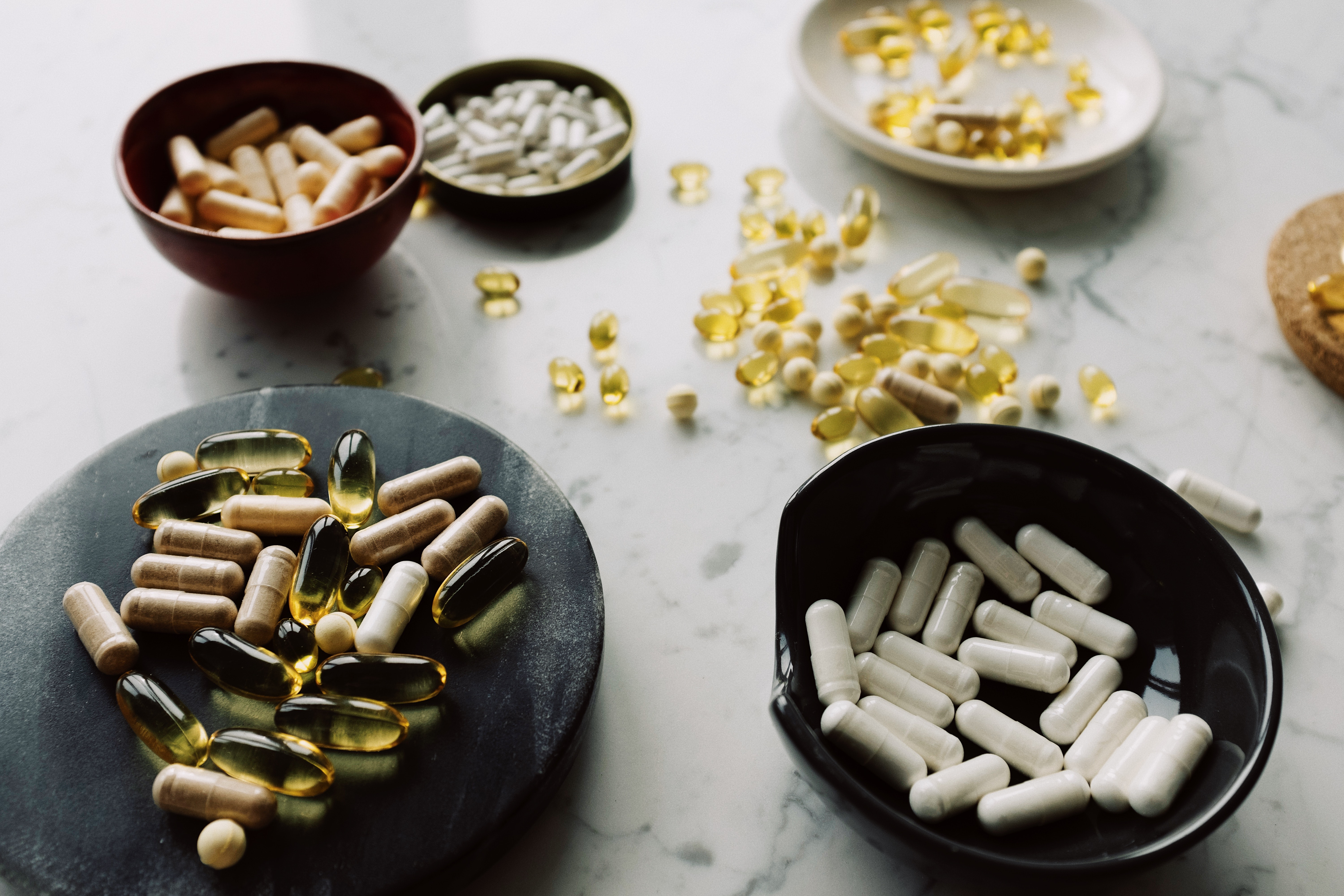
Supplement Safety with Tactical...
Dietary supplements seem like the "magic pill" a tactical operator needs to perform better,...
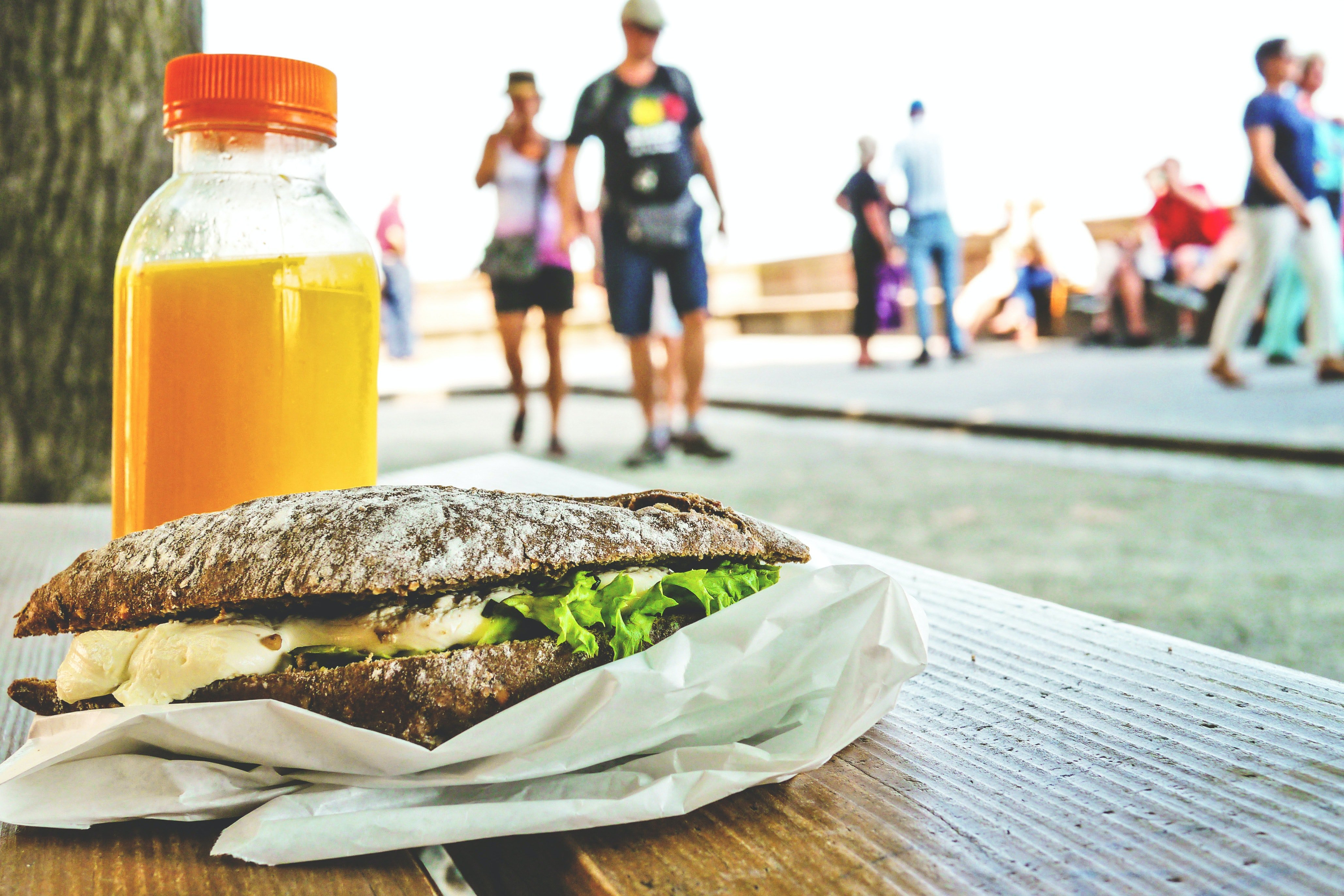
Eating Healthy on the Go: Tips for Busy...
It's no secret that tactical professionals have weird schedules. So why do health professionals...
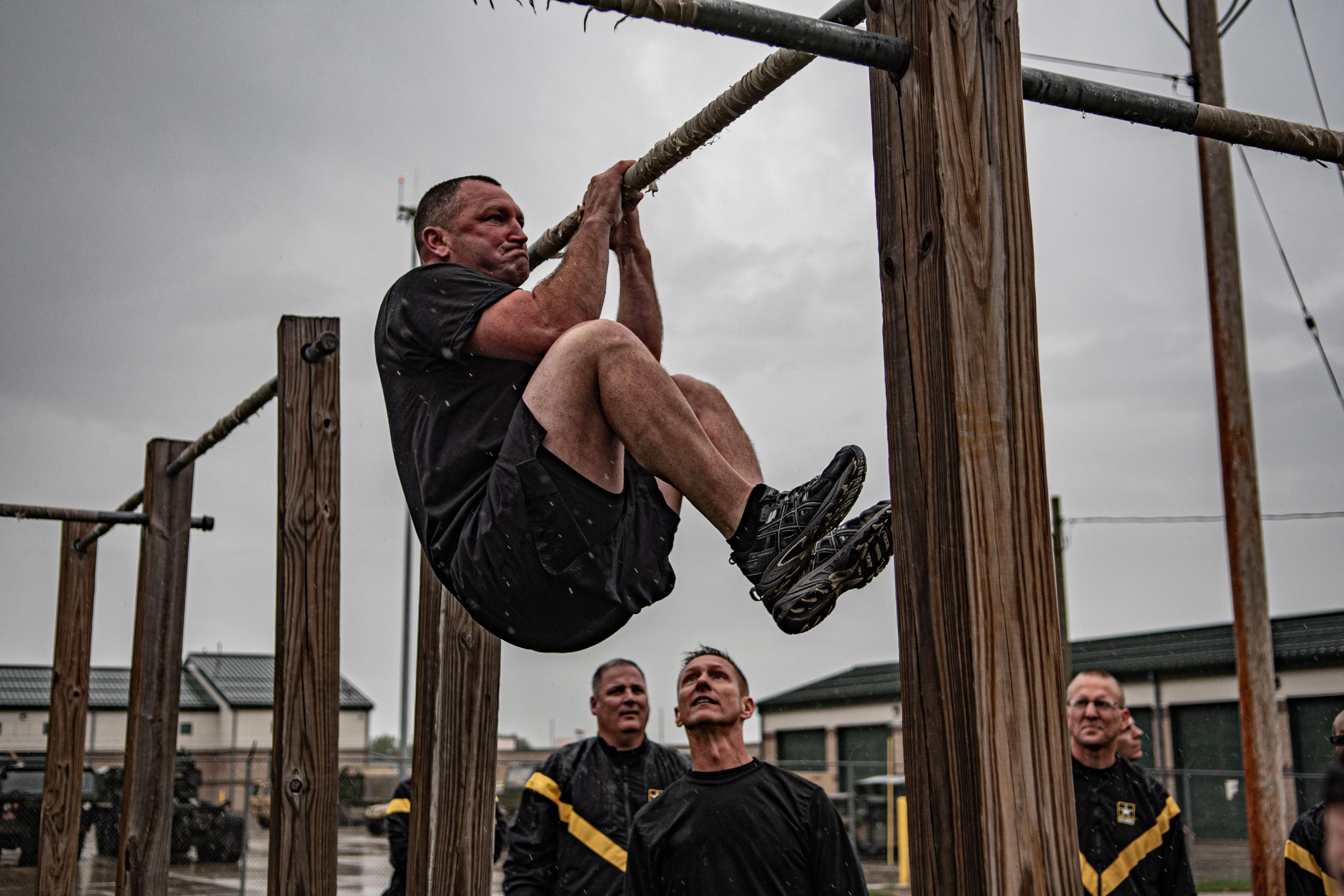
Post-Training Nutrition for Tactical...
Eating after a workout can be a challenge for tactical professionals. Having grab-and-go fuel...

